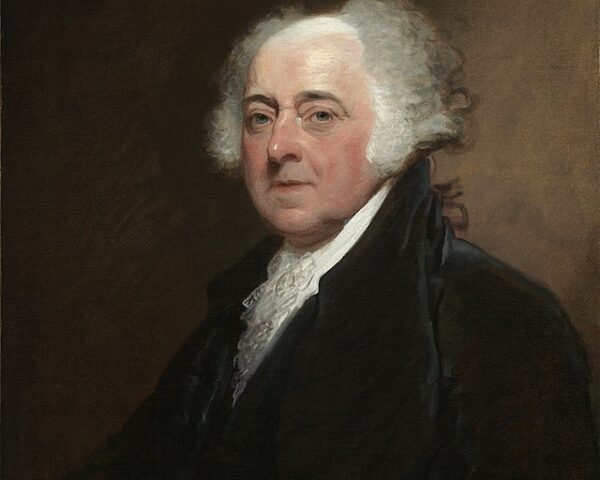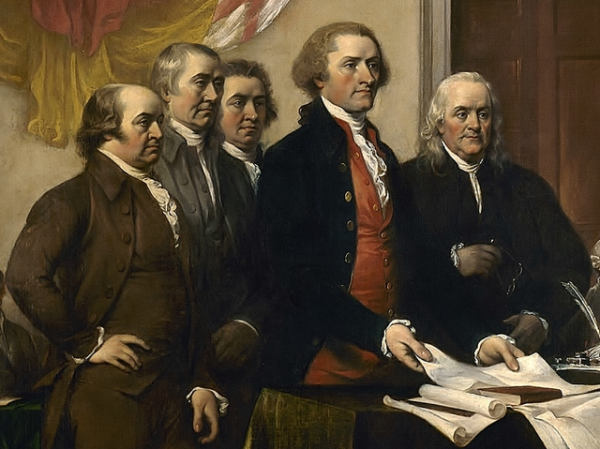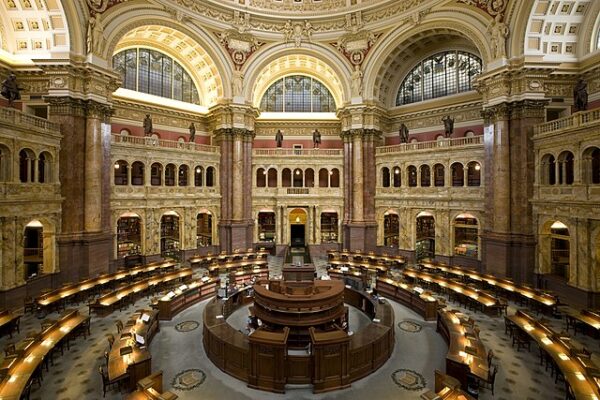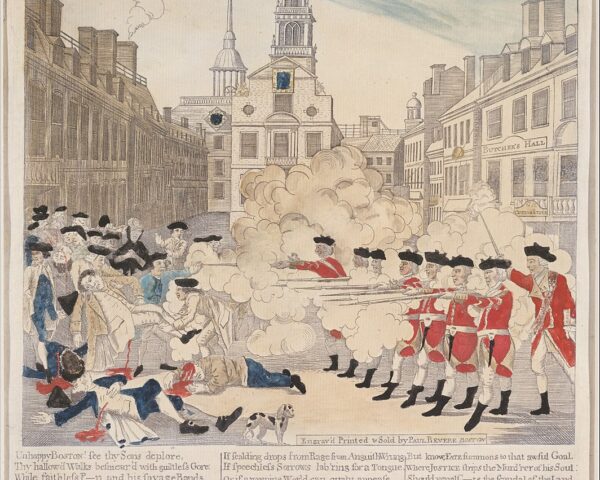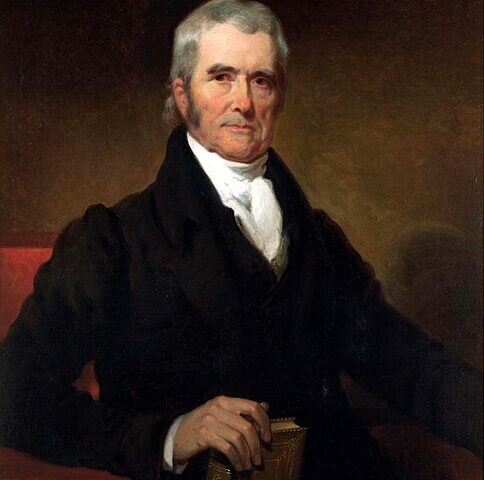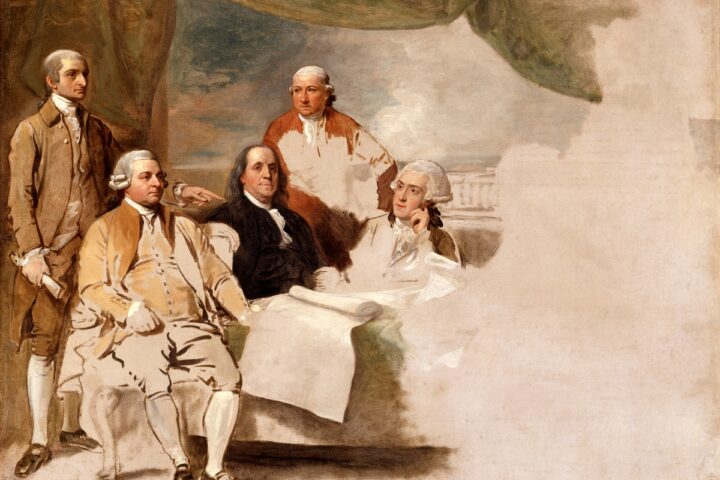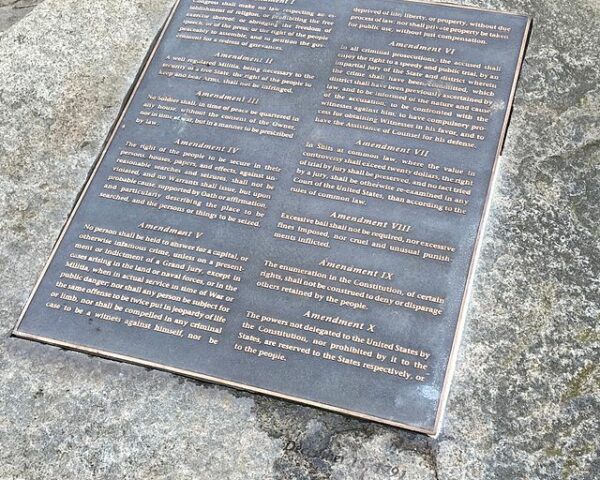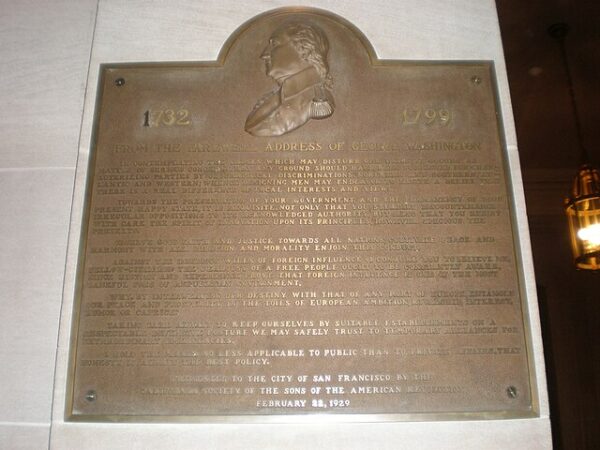The Alien and Sedition Acts were a series of four laws passed by the Federalist-dominated 5th United States Congress and signed into law by President John Adams on July 14, 1798. These laws were ostensibly enacted in response to the perceived threat of French…
Read MoreThe late 1790s marked a turning point in American foreign policy, and nothing tested the fledgling country more than the XYZ Affair. Rooted in a failed negotiation with France, the incident triggered a series of events that dramatically altered the course of the French…
Read MoreIn the sweltering heat of June 1776, the Second Continental Congress convened in Philadelphia and decided to change the course of human events. The delegates, representing the thirteen colonies, faced the monumental task of justifying a rebellion that had already sparked skirmishes and ignited…
Read MoreThe Library of Congress, located in Washington, D.C., stands as a bastion of knowledge and culture, but its journey to prominence is a tale woven with the threads of history, innovation, and preservation. Established on April 24, 1800, with the signature of President John Adams,…
Read MoreThe Boston Massacre, a pivotal event in pre-revolutionary America, unfolded on the evening of March 5, 1770. Tensions between American colonists and British soldiers had been escalating for years, fueled by issues such as taxation without representation and the presence of British troops in…
Read MoreOn February 24, 1803, the Supreme Court established its power, shaping the country’s constitutional framework and establishing the principle of judicial review. Marbury v Madison centered around a dispute involving William Marbury, one of the “midnight judges” appointed by outgoing President John Adams in the final…
Read MoreThe United States became independent on July 4, 1776, but it did not become free from the British until November 30, 1782. The Treaty of Paris, preliminarily signed on that date and sent to both countries for final approval, marked the official end of…
Read MoreOn September 25, 1789, the First Congress of the United States proposed to the state legislatures twelve amendments that would enshrine American freedoms directly into the Constitution. Soon to be called the American Bill of Rights, ten were later ratified by the states and…
Read MoreOn September 19, 1796, the father of the United States left the stage for a final time, retiring to “sit in safety under his own vine and fig tree” at Mount Vernon. “After two terms in office, Washington decided to retire from public life, writes the…
Read More

